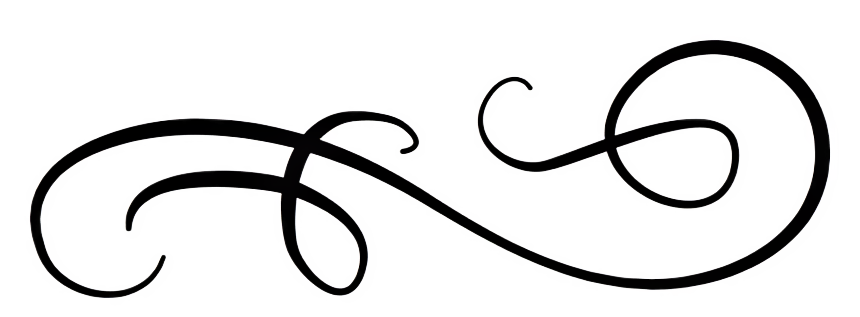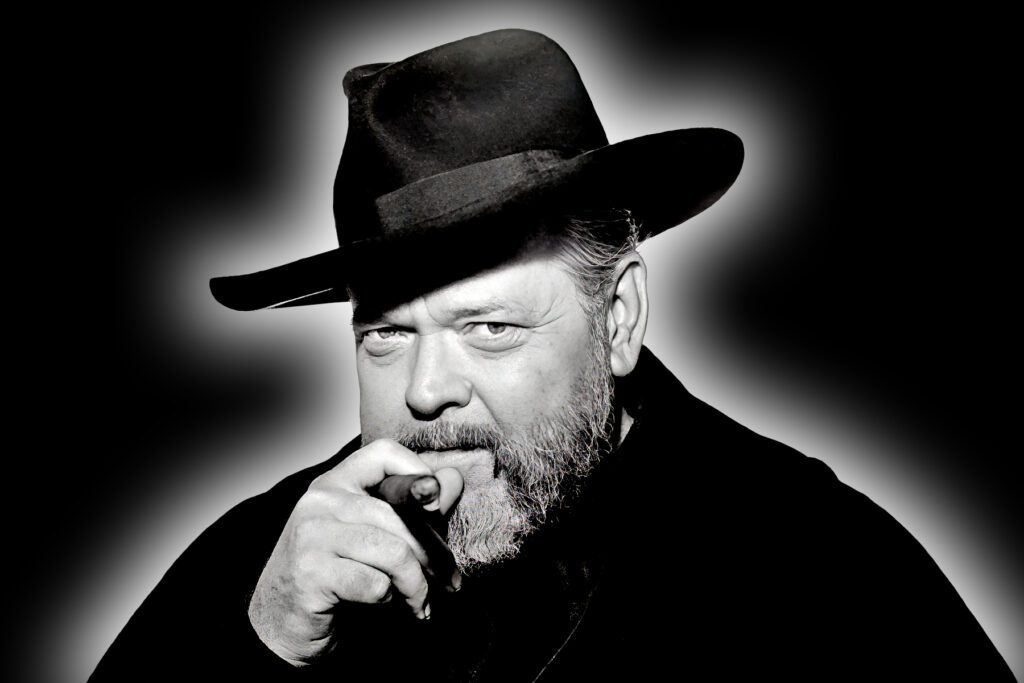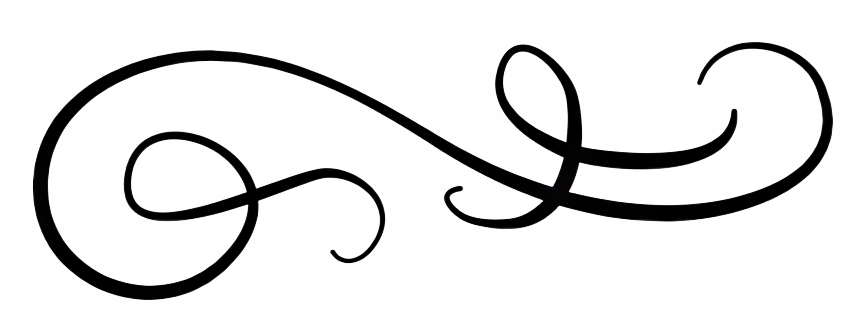
Orson Welles: The Boy Genius Who Shook the World and Paid the Price
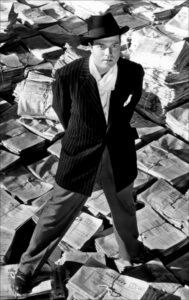
Orson Welles didn’t just make movies—he detonated them. A towering talent whose ambition matched his intellect beat for beat, Welles was a one-man revolution. At 25, he co-wrote, directed, and starred in “Citizen Kane,” a film so far ahead of its time that it bewildered audiences, infuriated powerful men, and redefined what cinema could be. He was called a genius from the start, and he spent the rest of his life wrestling with the weight of that word.
Born George Orson Welles on May 6, 1915, in Kenosha, Wisconsin, he was the prodigy of a troubled inventor father and a gifted pianist mother. Orphaned by age 15, he carried both brilliance and abandonment with him for the rest of his life. He dazzled early—as a painter, musician, and writer—but it was on the stage where his voice found thunder. By his early 20s, he was electrifying New York’s theater scene with bold Shakespearean adaptations and a radical, racially integrated production of “Macbeth.” He became a household name almost overnight after his 1938 “War of the Worlds” radio broadcast allegedly sent the country into panic—proof that Welles could make fiction feel more real than reality itself.
Then came “Citizen Kane” (1941). Given unprecedented creative freedom by RKO, Welles created a film that shattered form and function: fractured timelines, low angles, deep focus, sound design as storytelling—it was all there. The story, a thinly veiled critique of media tycoon William Randolph Hearst, triggered a furious backlash. Though the film was a critical triumph, Hearst’s campaign to bury it worked. It bombed at the box office. Welles had reinvented the medium—and was nearly exiled for it.
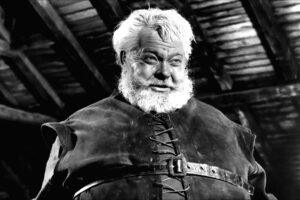
His career after Kane was a series of glorious, frustrating battles. “The Magnificent Ambersons” was butchered by the studio. “Touch of Evil” (1958), now hailed as a noir masterpiece, was mishandled in its release. He scraped together financing for films like “Chimes at Midnight” and “Othello,” often dubbing his own voice, editing on kitchen tables, and acting in commercials to keep the cameras rolling. He was a nomad, a rogue auteur, and a man constantly at war with the studio system that didn’t know what to do with someone so fearless.
But Welles was never forgotten. He became a legend, a raconteur, a late-night talk show guest with booming stories and piercing eyes. He won an Honorary Oscar in 1971 and, over time, the world began to catch up to him. “Citizen Kane” topped nearly every list of the greatest films ever made. His unfinished projects, like “The Other Side of the Wind,” became mythic. In the end, Orson Welles had outlived his critics, if not his demons.
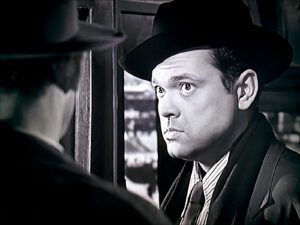
He died on October 10, 1985, slumped over a typewriter with scripts still unfinished. He was 70 years old. To the very end, he was creating—stubborn, brilliant, defiant. He once said, “The enemy of art is the absence of limitations.” But it was the limitations that haunted him most—financial, political, and personal.
Orson Welles remains the ultimate “what if,” even as he gave us some of the finest cinematic gifts ever made. He was a magician, a maverick, and a man whose shadow still stretches across every director who dares to challenge the system. He didn’t play the game. He rewrote the rules—and for that, the movies owe him everything.
